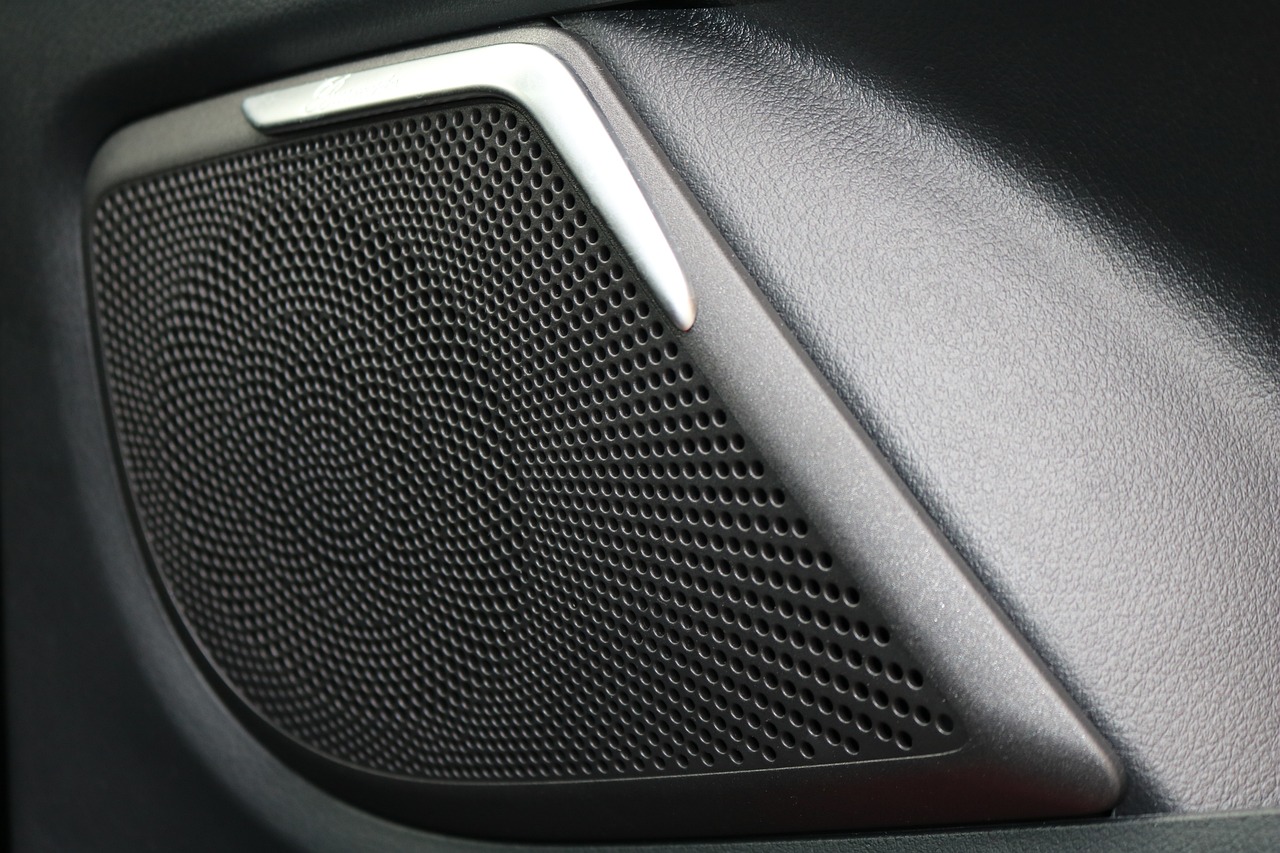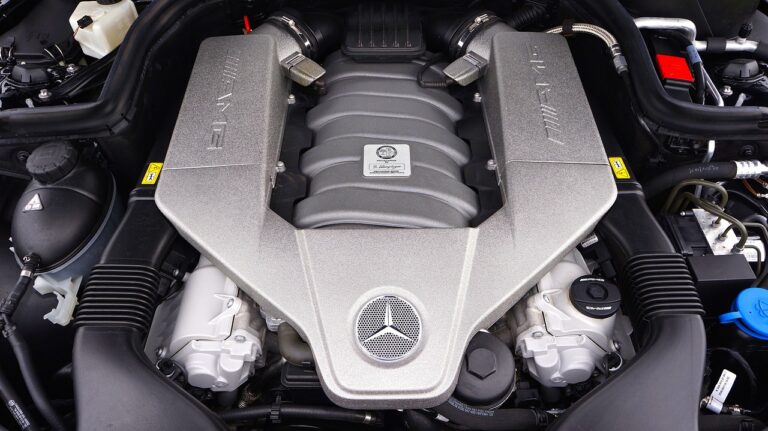Exploring the Potential of AI-Powered Car Manufacturing Process Optimization
Artificial Intelligence (AI) has significantly revolutionized the car manufacturing industry by enhancing operational efficiency and driving innovation. Over the years, automakers have embraced AI technologies to streamline production processes, reduce costs, and minimize errors. Through the integration of AI-powered systems and robots, manufacturing plants have witnessed improved precision and speed in assembly lines, leading to increased production output and overall quality of vehicles.
One of the key areas where AI has made a remarkable impact in car manufacturing is predictive maintenance. By leveraging advanced algorithms and machine learning capabilities, manufacturers can now predict equipment failures before they occur, enabling proactive maintenance to prevent costly downtimes. This predictive maintenance approach not only ensures smooth operations but also extends the lifespan of machinery, thus optimizing overall efficiency and performance in the manufacturing process.
Understanding AI-Powered Process Optimization
AI-powered process optimization has revolutionized the way car manufacturing industries operate. By harnessing the power of artificial intelligence, manufacturers can analyze massive amounts of data to identify inefficiencies, streamline operations, and improve overall productivity. This technology enables real-time monitoring and adjustments, ensuring that processes run smoothly and effectively.
Moreover, AI algorithms can predict maintenance needs, reducing downtime and preventing costly breakdowns. By continuously learning and adapting to changing variables, AI systems can proactively address issues before they escalate, leading to increased reliability and longer equipment lifespan. Overall, the implementation of AI in process optimization not only enhances production efficiency but also contributes to cost savings and improved customer satisfaction.
Benefits of Implementing AI in Car Manufacturing
AI implementation in car manufacturing processes brings a myriad of benefits to the industry. One significant advantage is the enhanced efficiency achieved through AI-powered automation. By utilizing artificial intelligence technologies, manufacturers can streamline production processes, reduce errors, and optimize resource allocation, leading to increased productivity and cost-effectiveness.
Moreover, the predictive maintenance capabilities of AI enable car manufacturers to preemptively address potential equipment failures, minimizing downtime and maximizing machinery utilization. This proactive approach not only saves time and resources but also improves overall operational performance and customer satisfaction. Overall, integrating AI in car manufacturing operations not only drives financial gains but also elevates the quality and consistency of the end products.
How is AI being used in the car manufacturing industry?
AI is being used in the car manufacturing industry to streamline processes, improve efficiency, enhance quality control, and optimize production schedules.
What is AI-powered process optimization in car manufacturing?
AI-powered process optimization in car manufacturing involves using artificial intelligence algorithms to analyze data and make real-time decisions to improve production efficiency.
What are some benefits of implementing AI in car manufacturing?
Some benefits of implementing AI in car manufacturing include increased productivity, reduced production costs, improved quality control, enhanced safety measures, and better predictive maintenance capabilities.
How can AI help car manufacturers improve production schedules?
AI can help car manufacturers improve production schedules by analyzing data to identify bottlenecks, predicting maintenance needs, and optimizing workflow processes to ensure smooth operations.
Is AI technology widely adopted in the car manufacturing industry?
Yes, AI technology is becoming increasingly popular in the car manufacturing industry as companies recognize the numerous benefits it can provide in terms of efficiency, quality, and cost savings.







